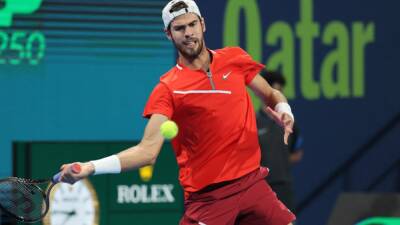Wages, not ages, are limiting longevity for Auba, Ramsey and co
Why do we persist with the notion that players cannot maintain peak form after 30? Huge contracts are far more limiting than age…
Watching Rafa Nadal clinch a 21st Grand Slam tennis title at the Australian Open last weekend was another stark reminder of the height of conditioning in modern elite sport. The Spaniard played with the endurance and mental strength he has almost made his trademark over the best part of two decades to beat Daniel Medvedev and stand alone as the record winner of major crowns, just a few months short of his 36th birthday.
It is an astonishing achievement, but contextualised by the fact that his main competition would have been Novak Djokovic, aged 34, and Roger Federer, 40, were it not for a worldwide vaccination controversy and injury. The greatest American football player, Tom Brady only retired this week well into his fifth decade. In football, Cristiano Ronaldo is going strong, maintaining his level well beyond what was previously thought possible despite turning 37 at the weekend; Zlatan Ibrahimovic won’t go away and he’s 40.
The top 10 scorers in Europe’s major leagues in 2021: Lewy, Messi…
When quizzed on who he thought the best striker in the world was right now Ronaldo Nazario, the Brazilian legend and arguably the greatest in history, pointed towards Robert Lewandowski, 33, and Karim Benzema, 34, the same age as Lionel Messi, who won his seventh Ballon d’Or last month.
The idea that careers begin to decline after players turn 30 is being proven wrong across the sporting spectrum on a regular basis. But in football particularly, there is a paradox in play; despite elite performers continuing in that vein for longer, as well as young players like Erling Haaland and Kylian Mbappe emerging





